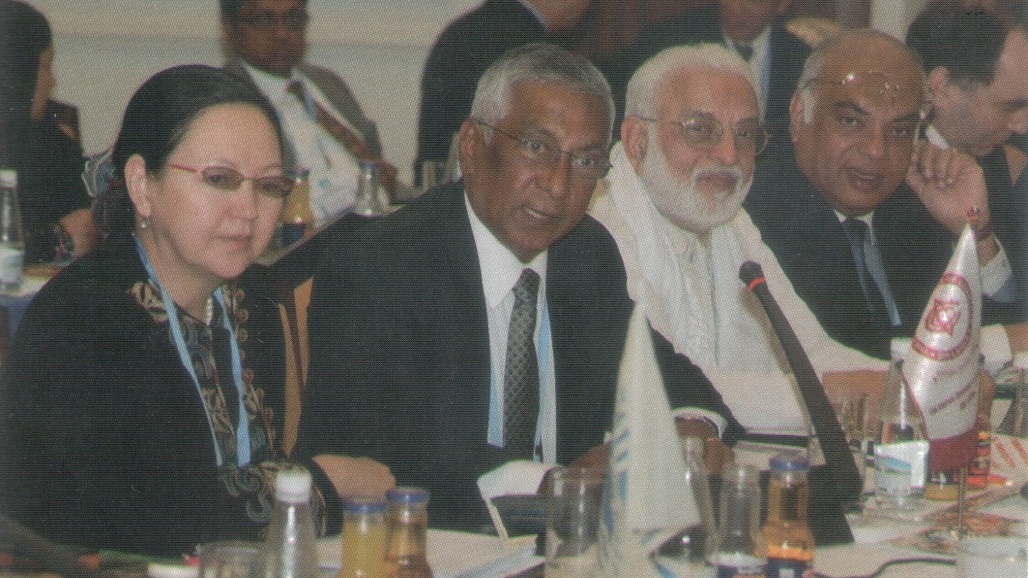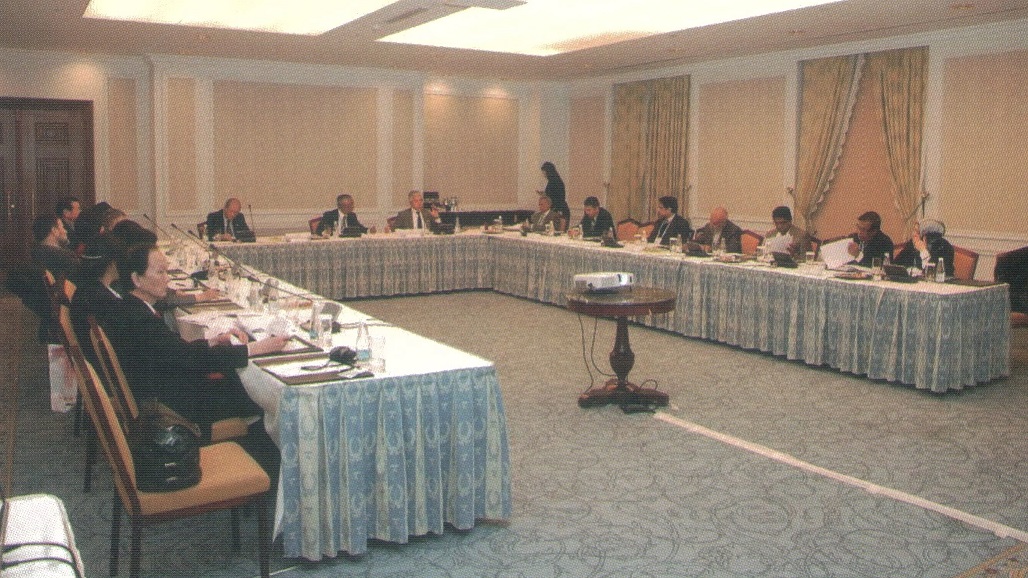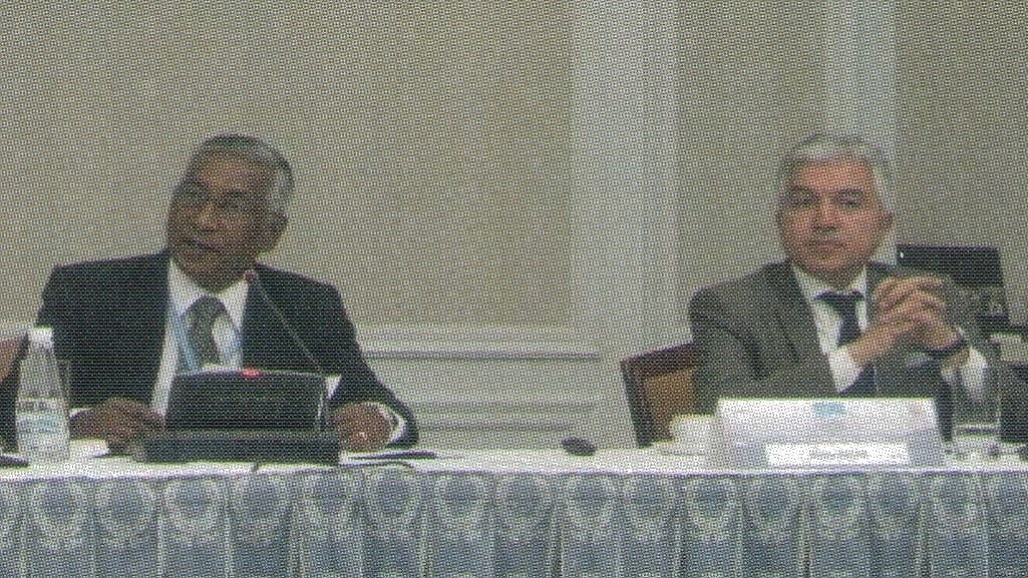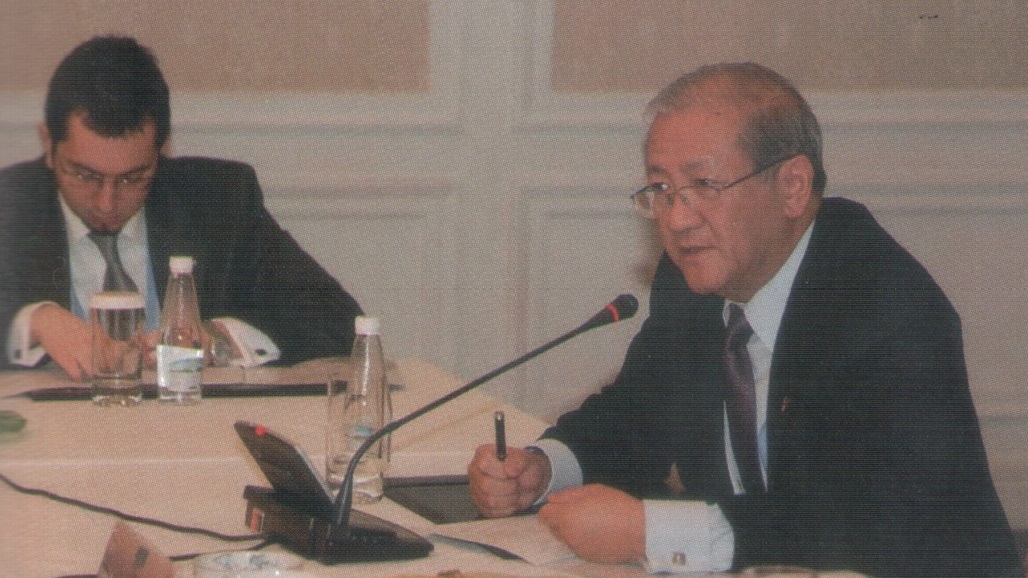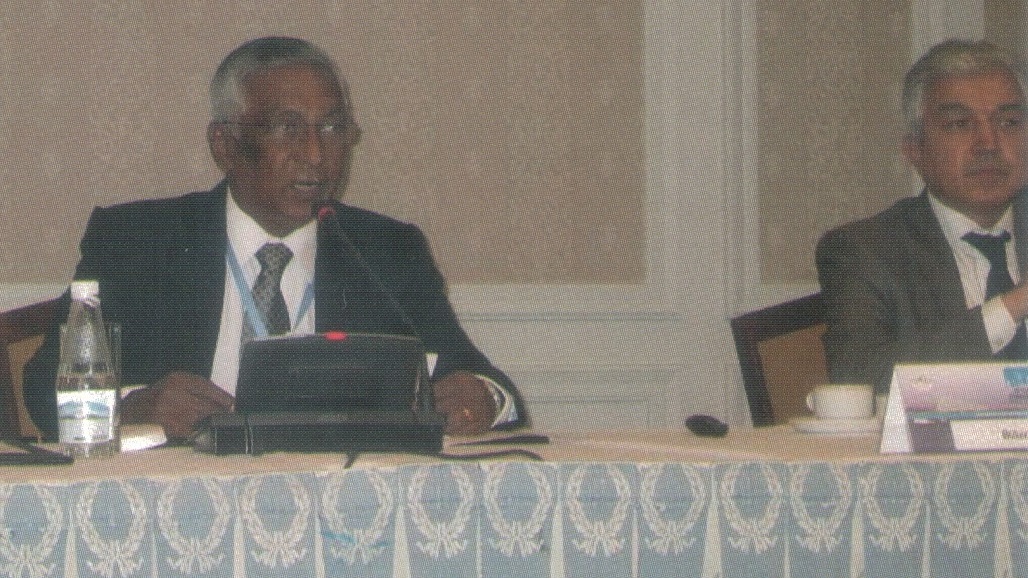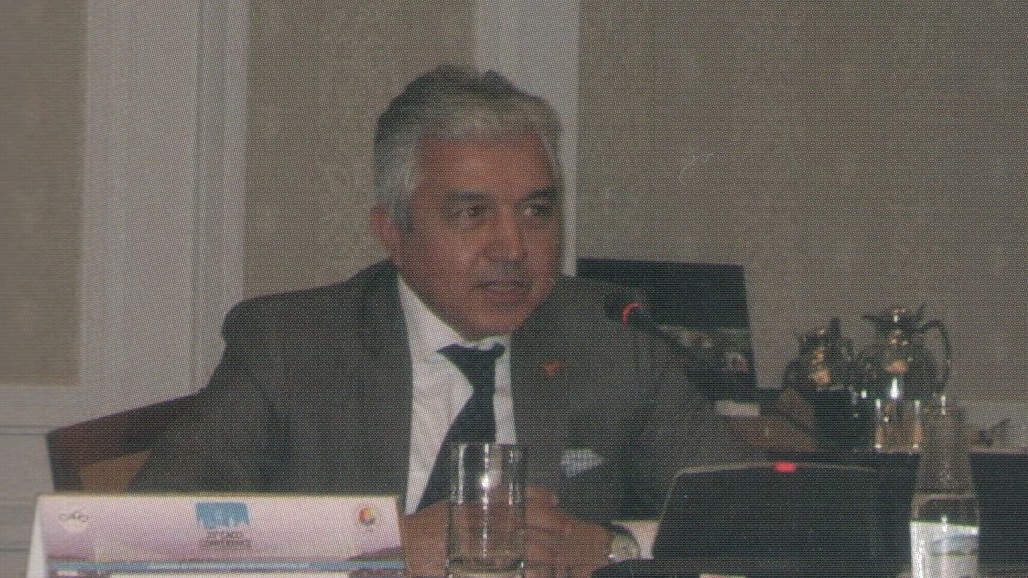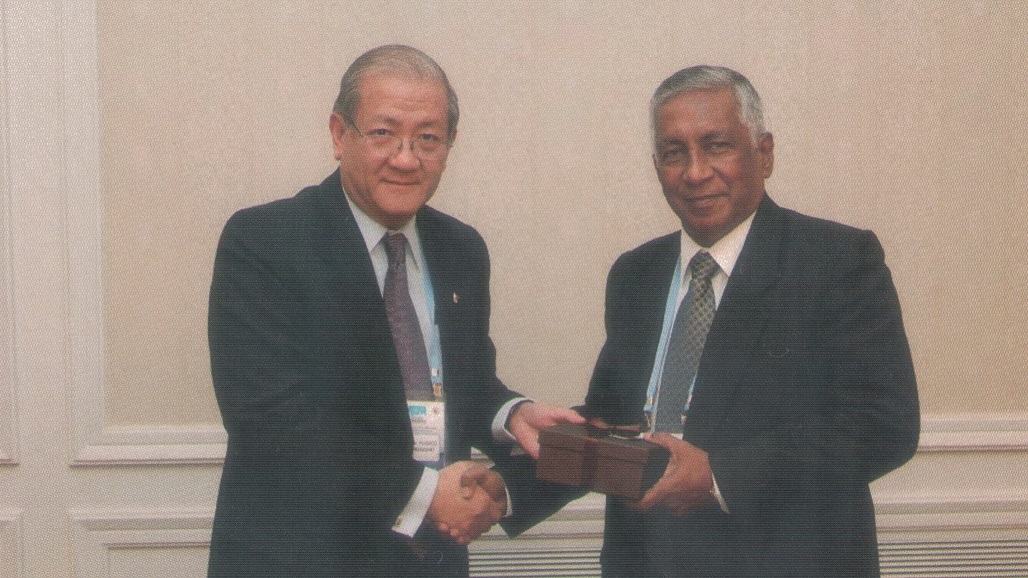Textiles & Garments 2011 Istanbul
Mr. Harin Malwatte, Secretary General and CEO of Ceylon Chamber of Commerce, who chaired the breakout session of the Asian Textiles and Garments Council (ATGC), reported that two presentations were made during the session. One made by himself and the other by Mr. Bulent Baser, member of the Textile Industry Sector Assembly of Turkey. […]
History of the Asian Textile and Garments Council (ATGC)
The textiles and garments industry has been a pivotal sector in the development of many Asian and non-Asian economies. Most developed and newly industrialized countries and even some of the less developed economies of today used this industry as the springboard for their development journey.
It employs millions of people, mostly women; entry does not require huge capital outlay and factories can be set up with workers with relatively low skills. In Asia, textile and apparel manufacturing has performed differently in specific regions and countries, due to variations in economic levels, international trade regulations, political issues, and cultural differences.
Taking into account all these factors, CACCI has established the Asian Textiles and Garments Council (ATGC) to provide members a platform for discussing the current state of play in the global textiles and garments market, identifying emerging trends shaping and influencing the growth and development of the industry, and formulating policy recommendations for developing Asian countries not only to help them survive in the post-quota regime but also to exploit the opportunities created by the increased competition in the industry.
Activities
The ATGC held its first breakout session on May 18, 2004 in Phnom Penh, Cambodia during the 68th CACCI Council Meeting. Chaired by Mr. Kush Kumar Joshi from Nepal, the Meeting discussed the phasing out of the Multi-Fiber Arrangement (MFA) by end-December 2004, and the threat from China, whose US$96 billion garment and textile industry is growing by 24% per year, as a source of worry for may textile-producing countries in the region. The session participants agreed on the need to focus on large investments in research and development to enable countries to find their respective niches in the global trade of textiles and garments.
The ATGC met for the second time in New Delhi on February 17, 2005 during the 20th CACCI Conference. The meeting essentially discussed problems and issues arising from the phase-out of the textile quotas. It was during this meeting that Mr. Chandi Raj Dhakal from Nepal was elected as ATGC Chairman.
The third meeting of the ATGC was held on October 27, 2005 in Tbilisi, Georgia during the 70th CACCI Council Meeting. Discussions focused on the survey conducted among member countries on the effect of the elimination of the quota regime on their respective textile and garments industry. The meeting agreed on the need for the affected countries to look into these problems and find solutions.
The fourth meeting of the ATGC was held in Taipei, Taiwan on November 1, 2006 during the 21st CACCI Conference. Delegates exchanged views on the challenges faced by developing countries in dealing with the absence of quotas. The need for the less developed countries to put more effort in attracting investors and in maintaining product quality was seen as a must for growth.
The fifth meeting of the ATGC was held in Colombo, Sri Lanka on July 6, 2010 in conjunction with the 24th CACCI Conference. Mr. K. J. Weerasinge, Consultant, Joint Apparel Association Federation of Sri Lanka, made a presentation on the current situation in and prospects for the textile and garments industry in Sri Lanka.
The sixth meeting of the ATGC was held on March 7, 2011 in Istanbul, Turkey in conjunction with the 25th CACCI Conference. Mr. Harin Malwatte, Secretary-General and CEO of Ceylon Chamber of Commerce, presented an update on the textile and garments industry in Sri Lanka, while Mr. Bulent Baser, member of the Textile Industry Sector Assembly of Turkey, briefed the meeting on the current situation of the textile and garments sector in Turkey.
This is the list of past ATGC meetings:
* Istanbul, Turkey Meeting, March 7, 2011
* Colombo, Sri Lanka Meeting, July 6, 2010
* Taipei, Taiwan Meeting, November 1, 2006
* Tbilisi, Georgia Meeting, October 27, 2005
* New Delhi, India Meeting, February 17, 2005
* Phnom Penh, Cambodia Meeting, May 18, 2004

